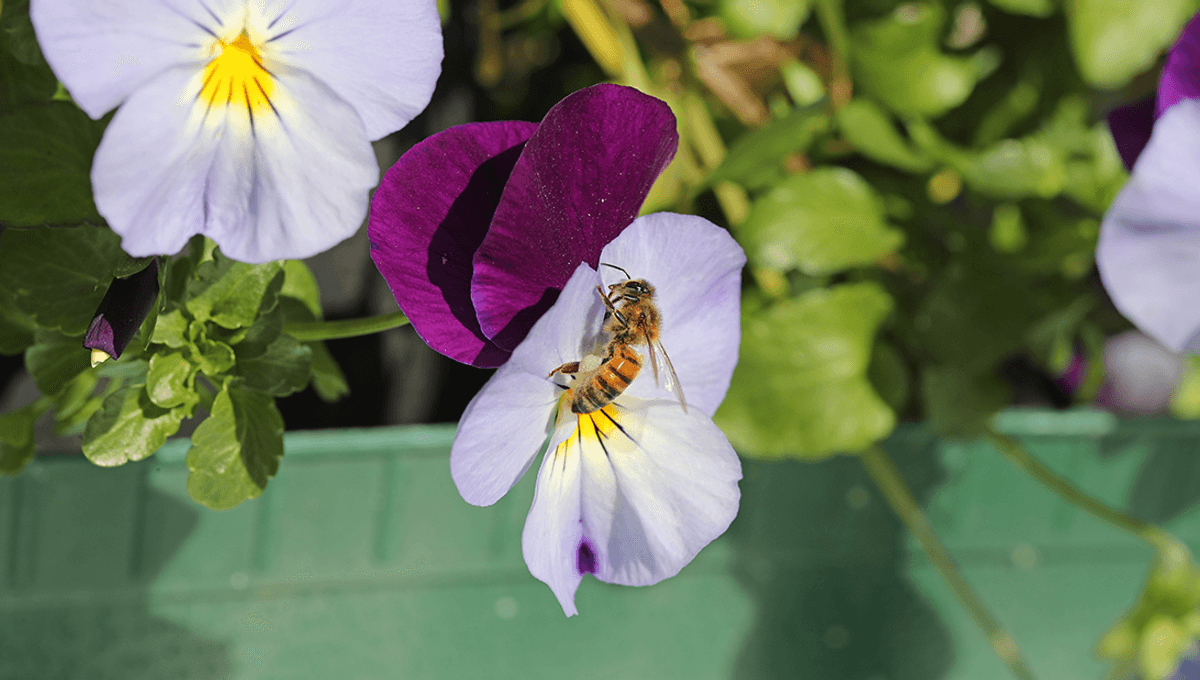
Wildflowers, like most things, seem to be suffering the effects of climate change and lack of insect pollinators. Instead of this spelling complete disaster for the hedgerows and verges across the globe, scientists have discovered something very surprising: The plants are evolving to do without the insects.
Pollination by insects is one of the most common forms of plant pollination across the world, with more than 80 percent of flowering plant species relying on a buzzing bee or moth (or other creatures) to fertilize their seeds. However, scientists have recently discovered that some wildflowers growing in farmland are evolving towards self-fertilization, also called “selfing”.
Four populations of field pansies (Viola arvensis) growing near Paris, France were compared with those grown in a laboratory from seeds collected between 1992 and 2001. This is known as the “resurrection ecology approach” and helps compare modern flowers with those of their ancestors to help assess changes in the flower’s structures.
By using genetic analysis; behavioral tests with pollinators, in this case bumblebees (Bombus terrestris); and observing the appearance of the flowers; the team found some surprising results. The researchers saw that modern flowers were 10 percent smaller, produced 20 percent less nectar, and were less visited by pollinators than the plants grown from the older seeds.
The rapid change in these plants is thought to be due to the huge decline in flying insect populations. The researchers even think it could be part of a vicious cycle: fewer insects lead to less nectar production in the flowers, meaning the insects have less nectar to feed on, causing a further decline in insect numbers.
The team stresses the importance of finding practical conservation measures that can protect these vital pollinator-plant relationships and break the feedback loop that has been created.
The paper is published in the journal New Phytologist.
Source Link: Something Strange Is Going On With Wildflowers, And Humans Are To Blame